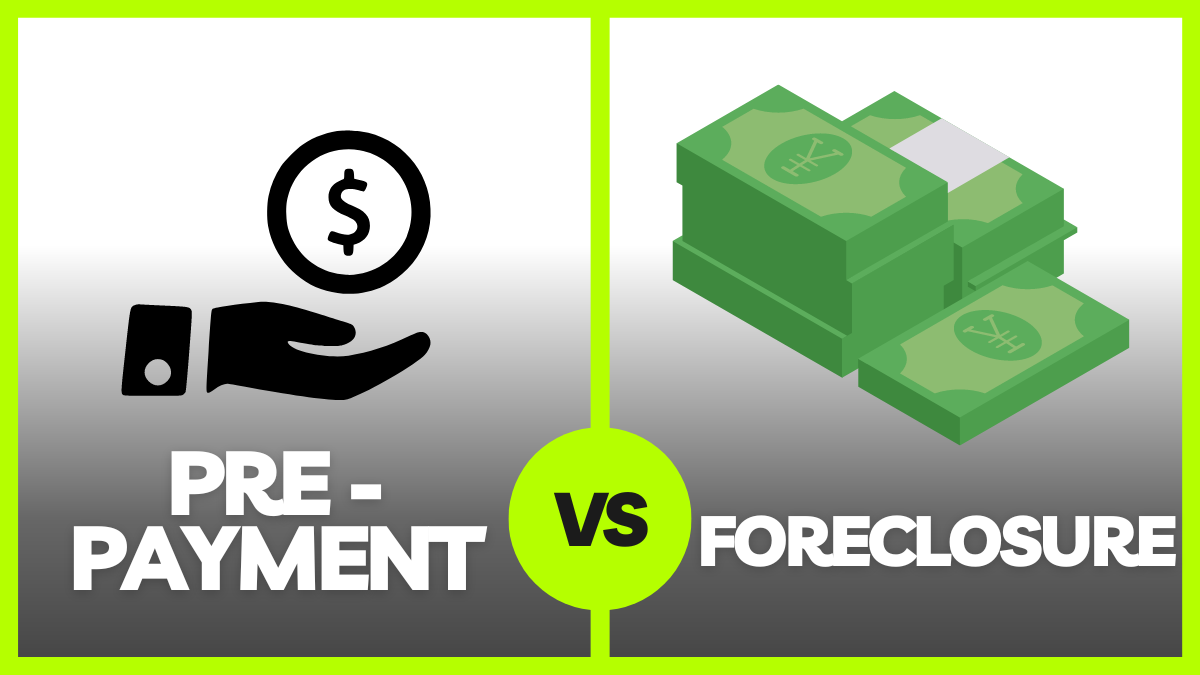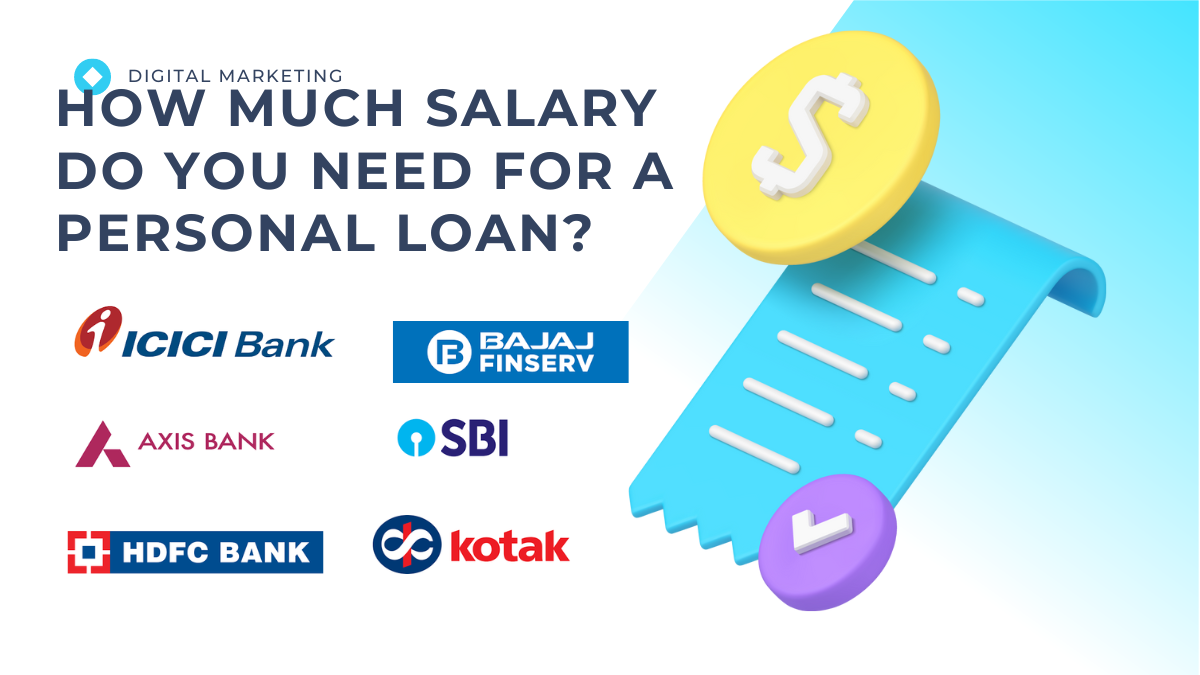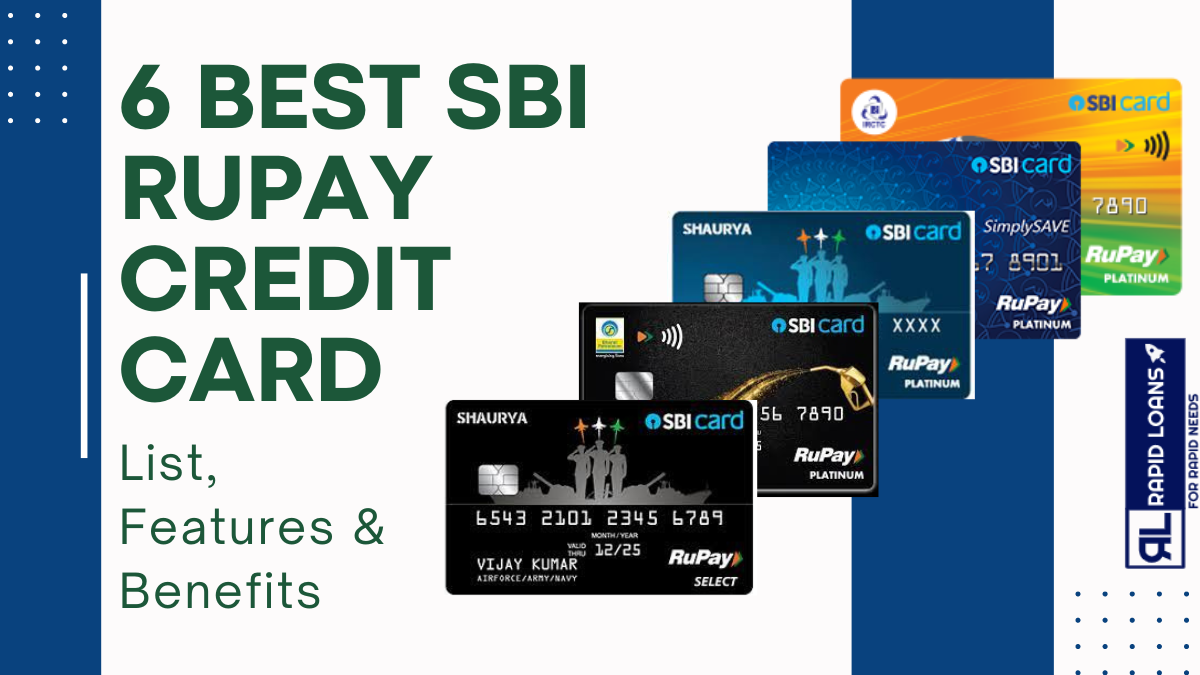Buying a house or property can be an exciting adventure, and with the help of a Home Loan, you can pad your budget with ease. Applying for and procuring a Home Loan is a simple process.
But don’t be fooled into thinking that the process of closing the loan is just as easy! A Home Loan foreclosure can be a little tricky, so buckle up and get ready to learn everything you need to know before you foreclose your Home Loan.
What is Home Loan Foreclosure?
Let’s start with the basics. A Home Loan is usually repaid through regular EMI payments.
However, if you want to pay off the amount borrowed in one fell swoop, you can opt for a foreclosure. A foreclosure is simply the process of closing a Home Loan by paying off the entire amount borrowed in one lump sum payment.
It’s like paying off a long-standing debt to a bully, but instead of a bully, it’s a bank or financial institution.

What are the Factors to Consider Before Foreclosing Your Home Loan?
Okay, now that you know the basics, let’s dive into the important factors you need to consider before foreclosing your Home Loan:
Tax Benefits
Opting for a Home Loan allows you to claim certain tax deductions regarding principal and interest repayment under the Section 24(B). However, foreclosing your Home Loan before the completion of the tenure could mean letting go of these tax benefits. So, think carefully before you foreclose and check if you can let go of the deductions or claim them elsewhere.
EMI Payments
EMI payments are designed to help you pay off the loan amount over a period of time, reducing financial strain. But, if paying EMIs through your monthly income is leaving very little for your savings, you might want to consider foreclosing the loan. After all, who wants to live a life of constant financial stress?
Calculate Expenses
When considering a foreclosure, make sure you take into account your long-term and short-term expenses. Consider your retirement plans, your children’s education, and contingency savings. You don’t want to foreclose a loan and end up hampering other expenses. Also, don’t forget to check the foreclosure charges levied by the bank or financial institution in question.
Timing
Timing is everything, and it’s essential to time the foreclosure of your Home Loan well. Use a Home Loan Repayment Calculator to understand the best time to foreclose your loan according to your savings and financial plans. It’s like a GPS for your finances, guiding you to your financial destination.
Also read: 5 Best Banks for home loans in India in 2023
Is it good to Foreclose a Loan?
Pros and Cons of Foreclosing
You might be thinking to yourself, “Is it good to foreclose a loan? What are the pros and cons?” Well, let’s weigh the options.
On the one hand, foreclosing allows you to close the loan account earlier and become debt-free sooner, which is always a good feeling. It’s like finally freeing yourself from the shackles of debt and being able to breathe easy.
On the other hand, foreclosing also means giving up the tax benefits and losing the flexibility of EMI payments.
Does Foreclosure Affect Your CIBIL Score?
Another important consideration is the impact that foreclosing a home loan can have a negative impact on your credit score.
When you foreclose a loan, it’s like you’re breaking up with your lender – and it can leave a mark on your credit score.

However, if you have a good credit history and have made regular EMI payments on time, then foreclosing your home loan won’t have much of an impact on your credit score.
Alternatives to Foreclosure
If you’re feeling a bit unsure about foreclosing a loan, there are alternatives to consider.
For example, you could consider a loan refinance or loan rescheduling, which can lower your monthly EMI payments and potentially improve your credit score. It’s like changing the oil in your car, it can breathe new life into an otherwise tired engine.
Another option is to make prepayments, which can help reduce the loan amount and the overall interest outgo.
Foreclosure of Home Loan RBI Guidelines
When it comes to foreclosing your home loan, there are a few guidelines set by the Reserve Bank of India (RBI) that you need to be aware of. And no, these aren’t just suggestions – they’re actual rules!
- One important regulation set by the RBI is that banks are not allowed to charge foreclosure charges or pre-payment penalties on home loans or floating rate term loans given to individual borrowers. That’s right, you read it correctly. You can kiss those extra fees goodbye!
- To be more specific, according to our circulars DBOD.No.Dir.BC.107/13.03.00/2011-12 dated June 5, 2012 and DBOD.Dir.BC.No.110/13.03.00/2013-14 dated May 7, 2014, banks are prohibited from charging foreclosure charges or pre-payment penalties on any floating rate term loan sanctioned to individual borrowers for purposes other than business, with or without co-obligant(s).
By following the RBI’s guidelines, you can ensure a smooth and hassle-free foreclosure process.
By staying compliant, you can avoid any unnecessary stress and just focus on moving forward with your life.
Prepayment vs. Foreclosure: What’s the Better Option for You?

Prepayment and foreclosure are two options you have when it comes to paying off your Home Loan.
Prepayment is the act of paying off a portion or all of the loan amount before the end of the loan tenure.
On the other hand, foreclosure is the act of paying off the entire loan amount in one lump sum before the end of the loan tenure.
Both prepayment and foreclosure have their pros and cons. Prepayment is a flexible option, as you can make partial payments whenever you have extra funds.
However, you may have to pay a prepayment penalty if you pay off the loan before the end of the tenure.
On the other hand, foreclosure is a quicker way to pay off the loan but can be expensive, as you may have to pay foreclosure charges.
Which option is better for you ?
So, which option is right for you? Well, it all comes down to your financial situation and goals. If you have extra funds and want to reduce the interest amount on your loan, prepayment may be the right choice.
However, if you have a sudden influx of cash and want to get rid of the loan as quickly as possible, foreclosure may be a better option.
Why do banks charge for Home loan foreclosure?
You borrow money from the bank and then when you want to pay it back, they charge you for it! But why? Let’s try to understand the bank’s side of the story.
Common Reasons for Foreclosure Charges
Banks charge foreclosure charges because they want to earn a profit on their loan. When you foreclose a loan, the bank is left without a source of regular income in the form of EMIs. To compensate for the loss, banks charge a fee for foreclosing the loan.
Negotiating Foreclosure Charges with the Bank
So, now that we understand the bank’s point of view, let’s try to find a middle ground. If you’re paying off the loan ahead of schedule, it’s always wise to try and negotiate the charges.
Who knows, with a bit of charm and a lot of negotiation skills, you might just be able to save a few bucks!
Conclusion
Ladies and Gentlemen, let’s wrap it up! In this article, we covered a lot of ground when it comes to home loan foreclosure.
From understanding what it is and why it’s done, to considering the pros and cons, and even taking a look at the impact on your credit score and tax benefits.
Summary of important points
- Home loan foreclosure is simply paying off your entire loan in one lump sum instead of regular EMI payments.
- You should consider factors such as your EMI payments, expenses, timing, and tax implications before deciding to foreclose.
- There are alternatives to foreclosure, such as prepayment, and it’s important to weigh the options and choose what works best for you.
- Banks may charge fees for foreclosure, so it’s important to consider these charges and even try to negotiate them with your bank.
In conclusion, foreclosing a home loan is a personal decision, and what works for your neighbor may not work for you.
So, make an informed choice, and remember, the most important factor is your financial stability and peace of mind.
FAQS(Frequently Asked Questions)
What is home loan foreclosure?
Home loan foreclosure is the process of paying off a home loan before its due date, typically by selling the property securing the loan.
Why do people choose foreclosure?
People may choose foreclosure when they no longer wish to keep their home or when they can no longer afford the monthly payments on their home loan.
Does foreclosure affect your credit score?
Yes, foreclosure can have a negative impact on your credit score, as it shows that you were unable to meet your financial obligations.
Are there alternatives to foreclosure?
Yes, there are several alternatives to foreclosure, including loan modification, Re-Scheduling & refinancing
Why do banks charge for foreclosure?
Banks may charge for foreclosure to cover their costs of processing the transaction and to recoup some of the lost interest income.
Can foreclosure charges be negotiated with the bank?
Yes, foreclosure charges can be negotiated with the bank, although the bank is not obligated to agree to a lower amount.
Are there any tax benefits of home loans?
Yes, there are several tax benefits of home loans, including the ability to claim deductions on mortgage interest payments and property taxes.






